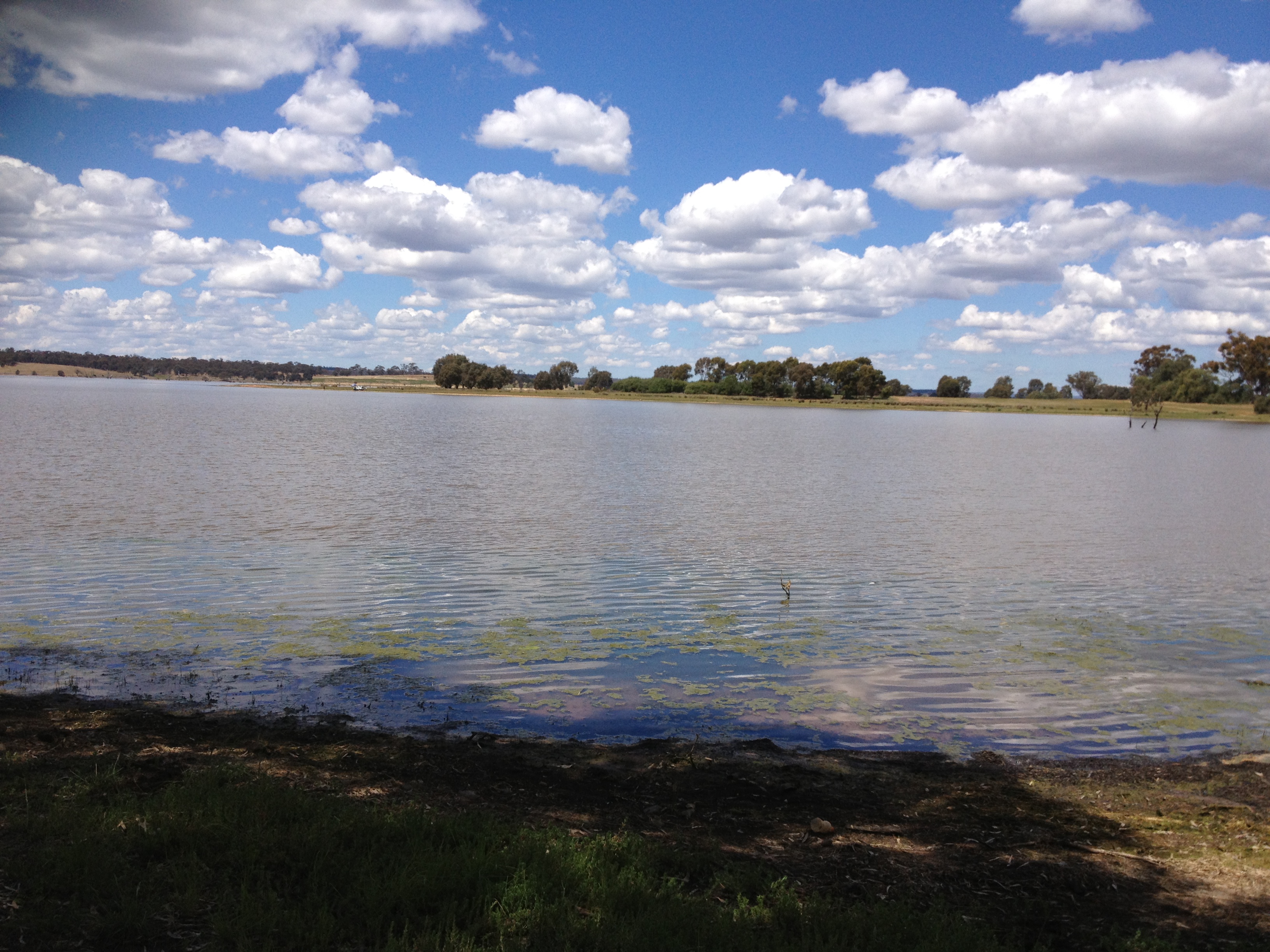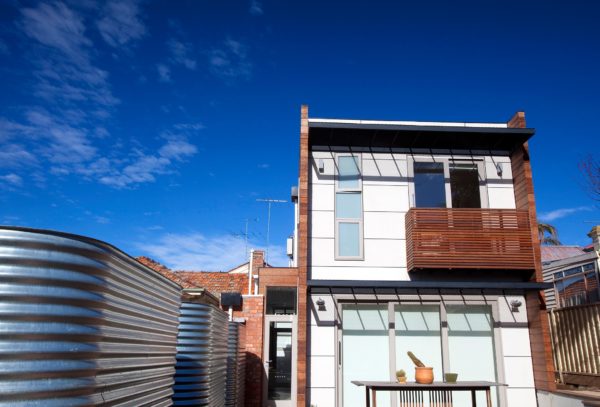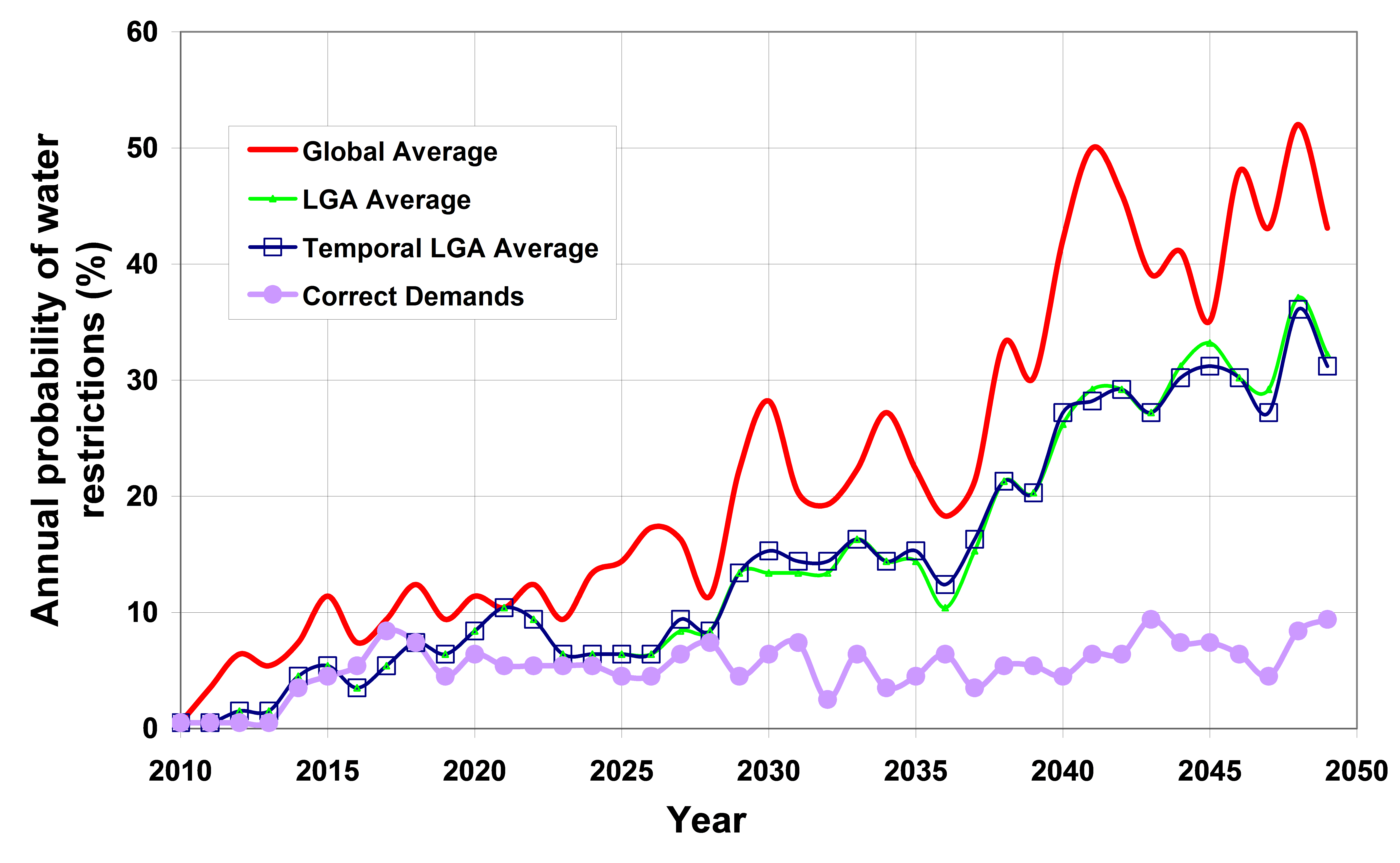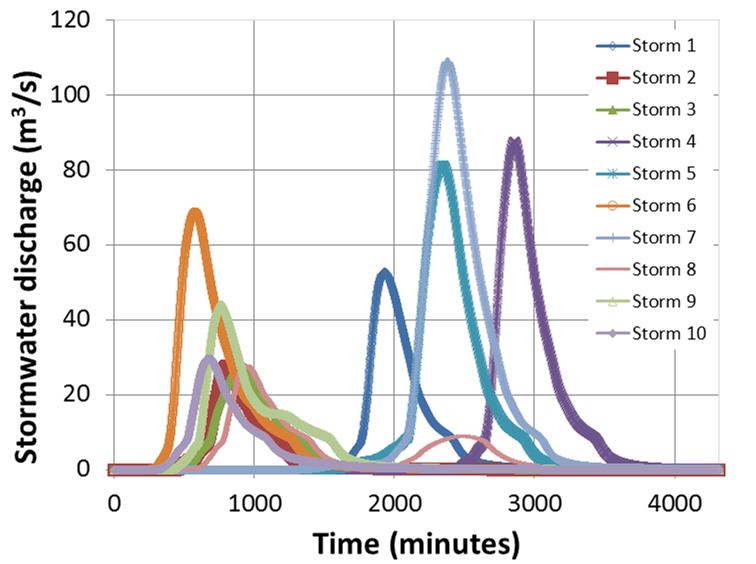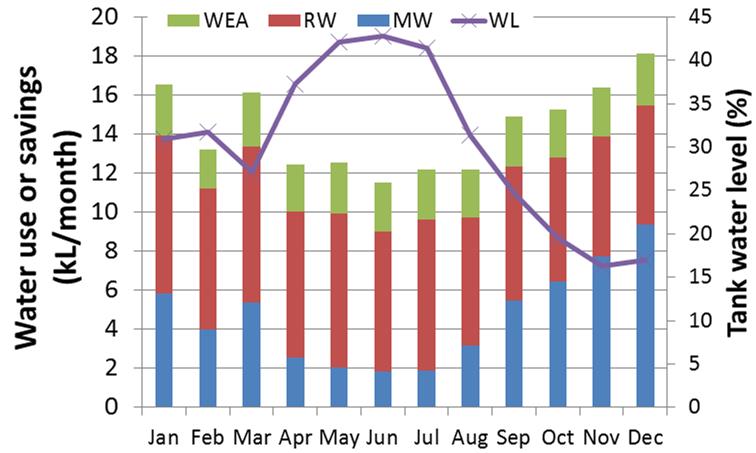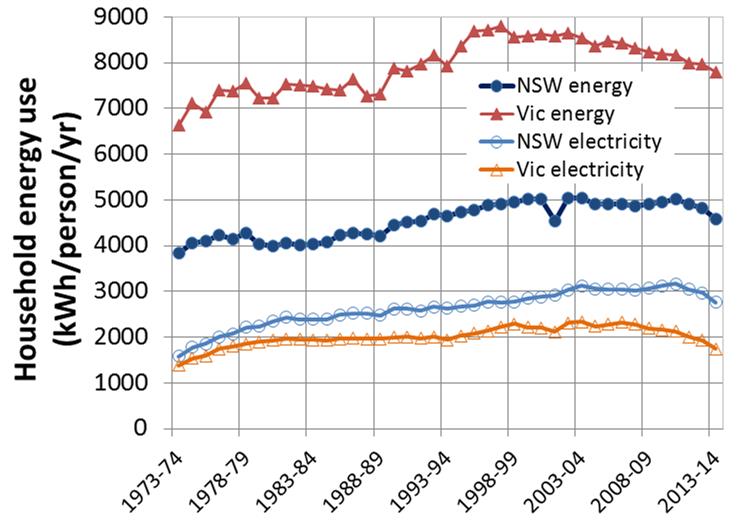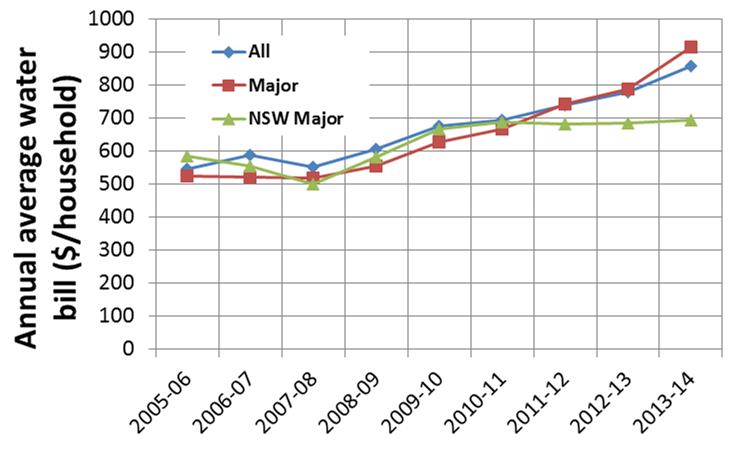Why the Water Supply Needs a Splash of Competition. Article in the Australian Financial Review on 19 January 2017 by Professor P J Coombes with Michael Smit and Dr Katherine Daniell. Australia’s inefficient water monopoly structure is gouging consumers. It is protected by state legislation and bureaucrats with little appetite for change. What’s needed is a radical overhaul of the business philosophy underpinning water services, to allow improved technology and community-led alternatives to cut water costs.
Uncategorized
New Economy, Rainwater Harvesting, Stormwater Management, Multi-scale benefits
15 December – 9:30 am, David Spence Room, Level 2, Adelaide Town Hall, 128 King William Street Adelaide. Water Sensitive SA, in association with Rainwater Harvesting Association of Australia, invite you to join a discussion with Professor Peter Coombes who will challenge our thinking about the potential of rainwater and stormwater harvesting to deliver whole of society and system benefits via distributed solutions. We will also explore the myths associated with rainwater harvesting and reuse, and introduce the new Rainwater Harvesting Design Specification. The Planning, Development and Infrastructure Act 2016 together with Living Adelaide the 30 Year Plan Review, offers the best opportunity in more than 20 years to enable stormwater to support a Living Adelaide. Practical tools currently being developed to support industry to maximise the benefits of stormwater harvesting at the allotment scale will be showcased.
Big Data Water Security
Presentation at the HWRS2016 conference in Queenstown New Zealand at 12 noon on Thursday 1 December 2016. The use of global average water demands rather than spatial and temporal detail in analysis of regional water systems generates dramatic reductions in certainty about system behaviour. This leads to uncertainty in understanding of system performance. Use of global averages in simulation of regional water systems is unlikely to describe the spatial and temporal contribution of distributed solutions that generate water resources or reductions in water demands within a metropolis.
Modern Urban Hydrology
A modern perspective on the hydrology processes of urban catchments in regional Victoria. Peter J Coombes, Mark Colegate, Luke Barber and Mark Babister. Presentation at HWRS2016 Conference at Queenstown New Zealand at 10:30 am on Thursday 1 December 2016. There is often considerable disagreement about the critical hydrology parameters and responses of ungauged urban catchments.
New methods from latest version of Australian Rainfall and Runoff (ARR2016) were used to analyse emerging urban catchments. This included Regional Flood Frequency Estimation, rainfall runoff observations from nearby gauged catchments and ensembles of full volume rain events.
Water cycle benefits of water conservation
Peter J Coombes, Michael Smit, Josh Byrne and Christopher J Walsh. Presentation at the HWRS2016 conference in Queenstown New Zealand at 10 am on Tuesday 29 November 2016. Households with rainwater harvesting and water efficient appliances made a profound contribution to Australian society by ensuring that cities did not run out of water during the millennium drought. In spite of this, the value of sustainable households is contested as the memory of drought fades. This investigation used audited metadata from national agencies and water utilities, peer reviewed research, case studies and a systems analysis of Australian capital cities to define the benefits of sustainable buildings. The key findings of this study confirm that source control measures including rainwater harvesting, water efficient appliances and vegetable gardens at households makes a substantial contribution to the viability of water resources and ecosystems in Australian capital cities.
Water Cycle Benefits Rainwater Efficiency
Our research and data presented at the Stormwater2016 conference presents the evidence of the substantial contribution of sustainable buildings in Australia during the recent drought. In spite of this, the value of sustainable households is contested as the memory of drought fades.
Performance based dwelling design history BASIX
Our recent article in the Fifth Estate and research presented at the Stormwater2016 conference presents the evidence of the substantial contribution of sustainable buildings in Australia
Modern Urban Hydrology Regional Victoria
A modern perspective on the hydrology processes of Armstrong Creek and Canadian Creek catchments in regional Victoria. Peter J Coombes, Mark Colegate, Luke Barber and Mark Babister. Presentation at Stormwater 2016 Conference: 11:05 am on Wednesday 31 August 2016. There is often considerable disagreement about the critical hydrology parameters and responses of ungauged urban catchments.
New methods from latest version of Australian Rainfall and Runoff (ARR2016) were used to analyse emerging urban catchments. This included Regional Flood Frequency Estimation, rainfall runoff observations from nearby gauged catchments and ensembles of full volume rain events.
Historical Benefits Water Conservation Source Control
Water resources, stormwater and waterway benefits of water conservation measures for Australian capital cities.
Peter J Coombes, Michael Smit, Josh Byrne and Christopher J Walsh. Presentation at Stormwater 2016 Conference: 2:15 pm on Wednesday 1 September 2016
Source control measures including rainwater harvesting, water efficient appliances and vegetable gardens at households makes a substantial contribution to the viability of water resources and ecosystems in Australian capital cities.
Impact of Economic Assumptions on Water Policy
Resolving Boundary Conditions in Economic Analysis of Distributed Solutions for Water Cycle Management
Peter J Coombes, Michael Smit and Garth McDonald
Our research investigating impacts of engineering and economic assumptions on government policy has been published in the Australian Journal of Water Resources. This paper refers to those assumptions as boundary conditions and considers how those boundary conditions affect the outcome of analysis. Setting of boundary conditions (what is included, what is excluded and assumptions) in engineering and economic analysis dominates outcomes of decisions about government policy.

